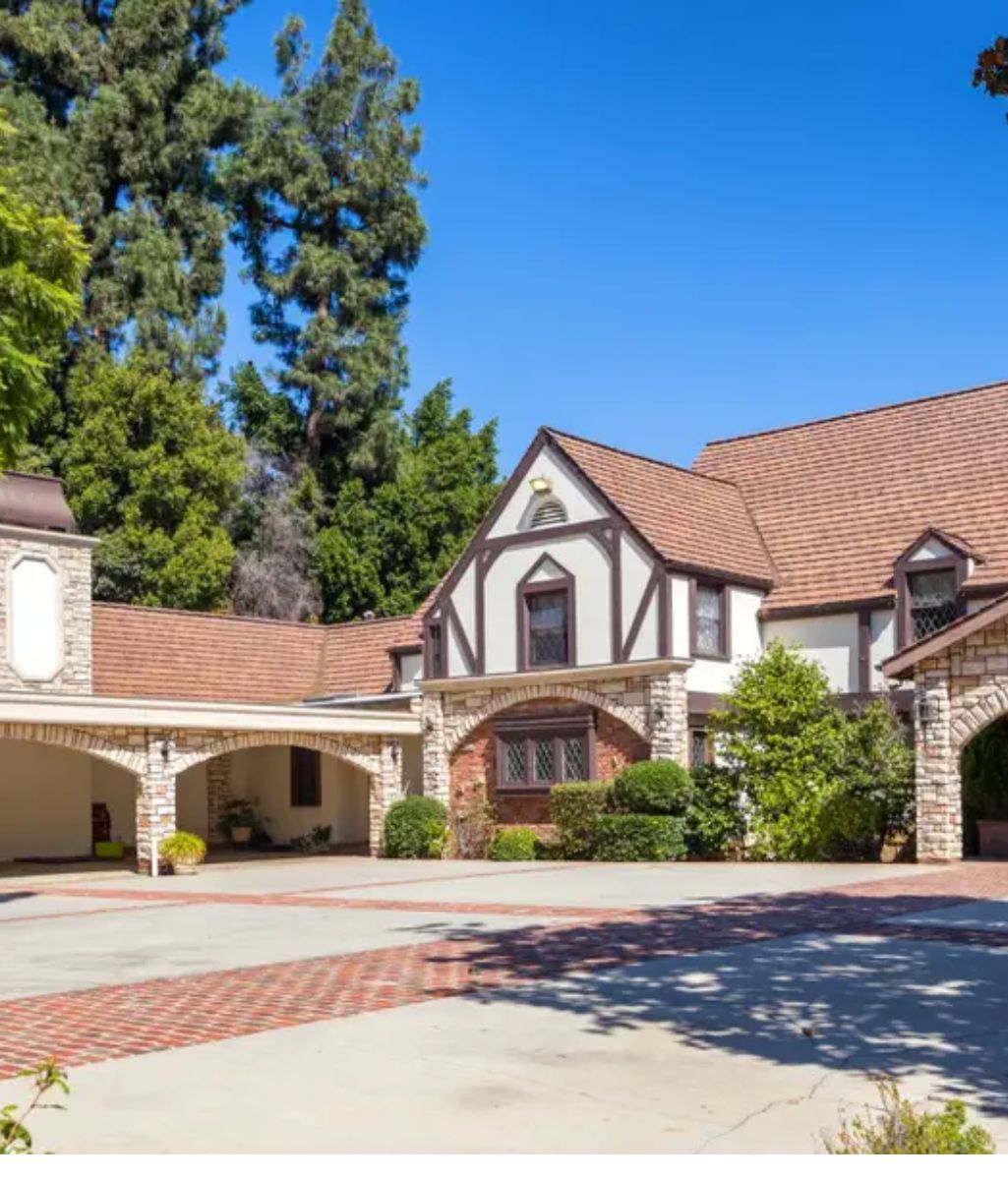
At Graceland, the world-famous mansion in Memphis, Tennessee, fans of Elvis Presley were met with troubling reports that shook them to the core. The cherished home of the King of Rock and Roll, who tragically passed away at just 42, is now said to be under potential threat from a development project that could alter the very landscape surrounding this historic landmark. For admirers across the globe, the news is nothing short of heartbreaking.
For nearly five decades, Graceland has stood as the ultimate shrine to Elvis’s memory. More than just a house, it is a living museum that welcomes hundreds of thousands of visitors every year. Fans travel from every corner of the world to walk its halls, to see the rooms where Elvis once lived, and to feel a closer connection to the man whose music and charisma forever changed the course of popular culture.
The reports of a looming project—whether it be expansion, redevelopment, or a commercial endeavor—have sparked intense concern. To many, any threat to Graceland’s surroundings is a threat to Elvis’s legacy itself. “This home is sacred ground,” one longtime fan was heard saying. “It’s not just bricks and mortar. It’s Elvis’s heart.”
Local historians and preservationists echo that sentiment. They argue that Graceland is not only a piece of Elvis’s story but also a vital part of American cultural heritage. To them, protecting it is about more than fandom—it is about ensuring that future generations can experience the atmosphere of the place where Elvis dreamed, created, and lived his private life away from the stage.
The sense of urgency is heightened by memories of Elvis’s own struggles in his final years. The house was one of his few sanctuaries, a place where he could retreat from the pressures of fame and simply be a father, a friend, and a man. To see that space now facing uncertainty feels, to many, like reopening an old wound.
The reports did not escape the attention of Priscilla Presley, who has long been a guardian of Elvis’s memory. Though she has yet to issue a detailed public statement, her past comments suggest that she views Graceland not merely as family property but as a trust held on behalf of millions of fans. In past speeches, she has emphasized that Elvis “belongs to the people,” a sentiment that now rings louder than ever.
Fans around the world have already begun voicing their outrage on social media, calling for protective measures to be put in place. Online petitions are circulating, demanding that local authorities guarantee the preservation of the estate and prevent any project that could diminish its value as a cultural treasure. For Elvis devotees, the fight for Graceland is not about nostalgia—it is about safeguarding history.
Despite the fear, there is also hope. The sheer power of Elvis’s legacy has proven resilient time and again. From the transformation of Graceland into a world-renowned museum to the enduring popularity of his music decades after his passing, the King’s story is one of survival and revival. Many believe that the outcry from fans, historians, and cultural advocates will be strong enough to shield his beloved home from harm.
As the news spreads, the future of Graceland hangs in the balance. What remains certain is that the house, with its white columns and timeless aura, continues to symbolize more than a career—it symbolizes a man whose influence transcended generations. For those who still visit, sing his songs, and keep his memory alive, protecting this priceless legacy is not just an option; it is a duty.
The world now waits for answers. Will Graceland remain untouchable, a sanctuary preserved forever? Or will it face changes that alter its spirit? Fans can only hope that the legacy of Elvis Presley, the King who gave so much to the world, will endure unshaken at the place he called home.
